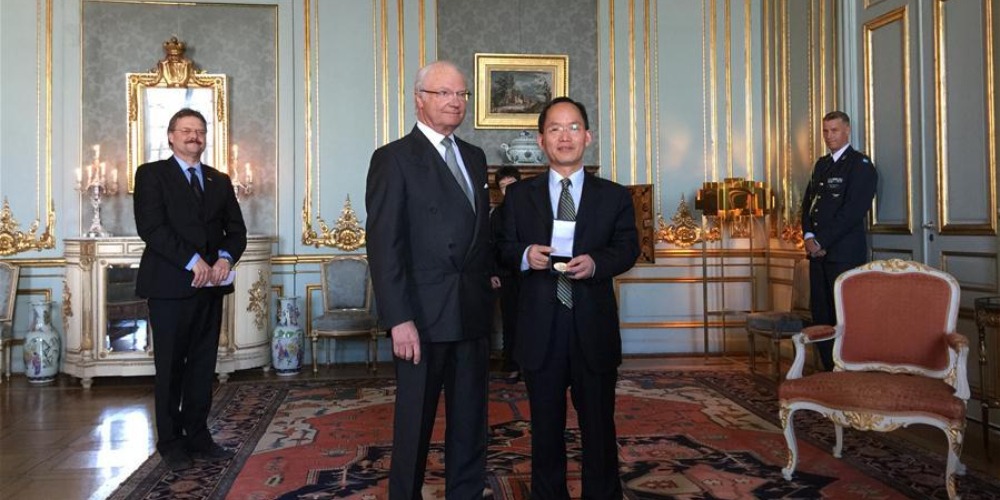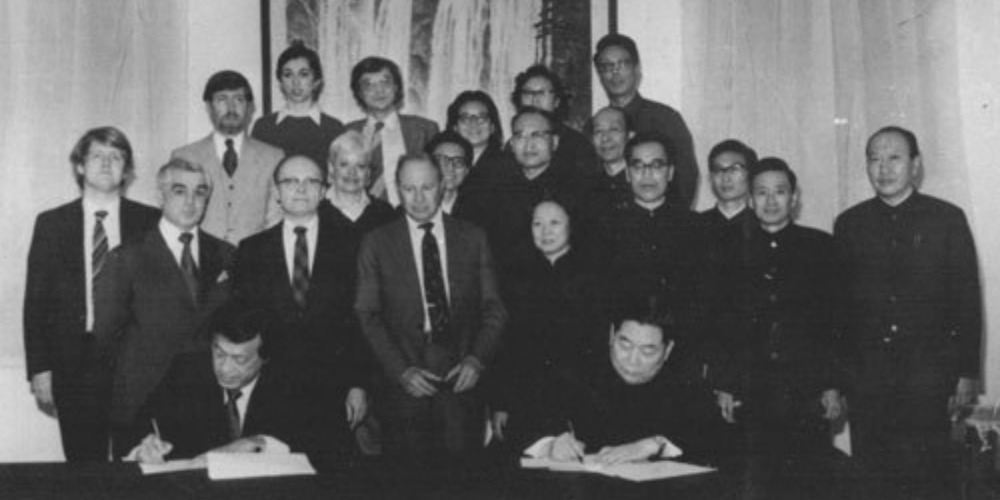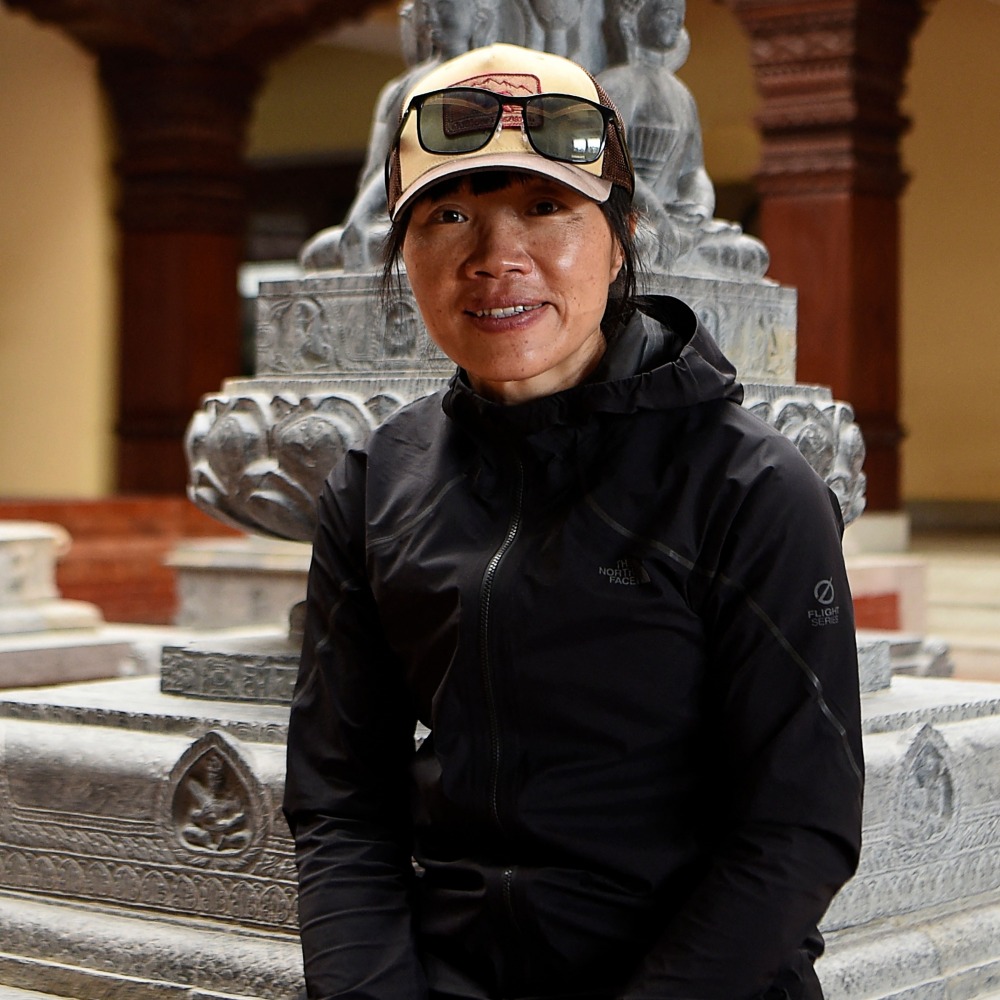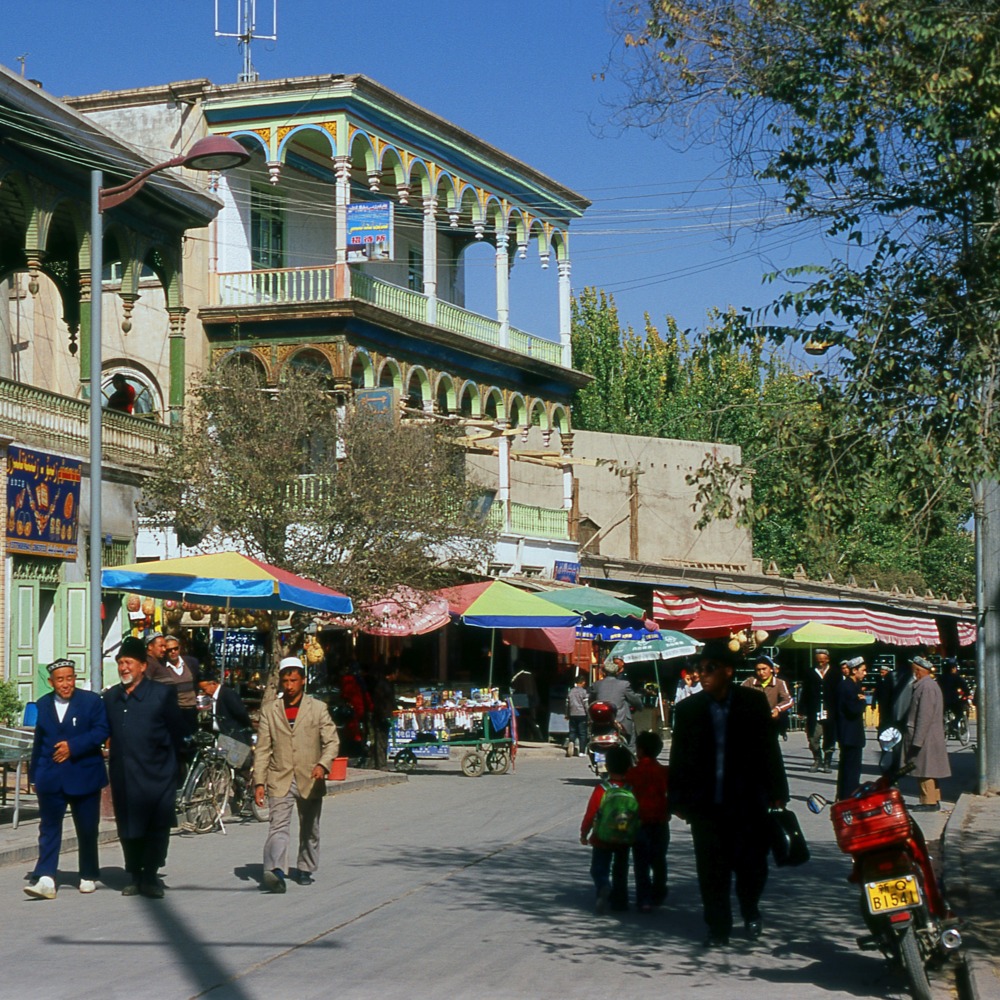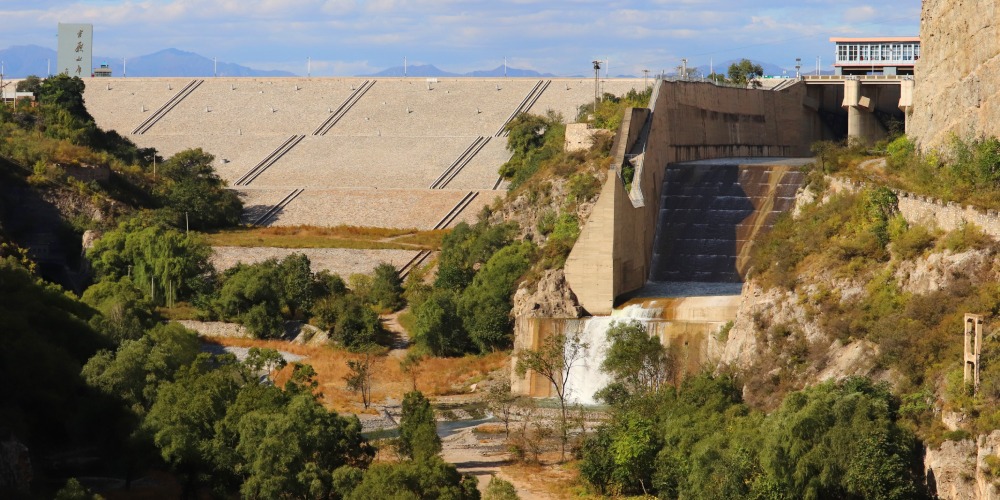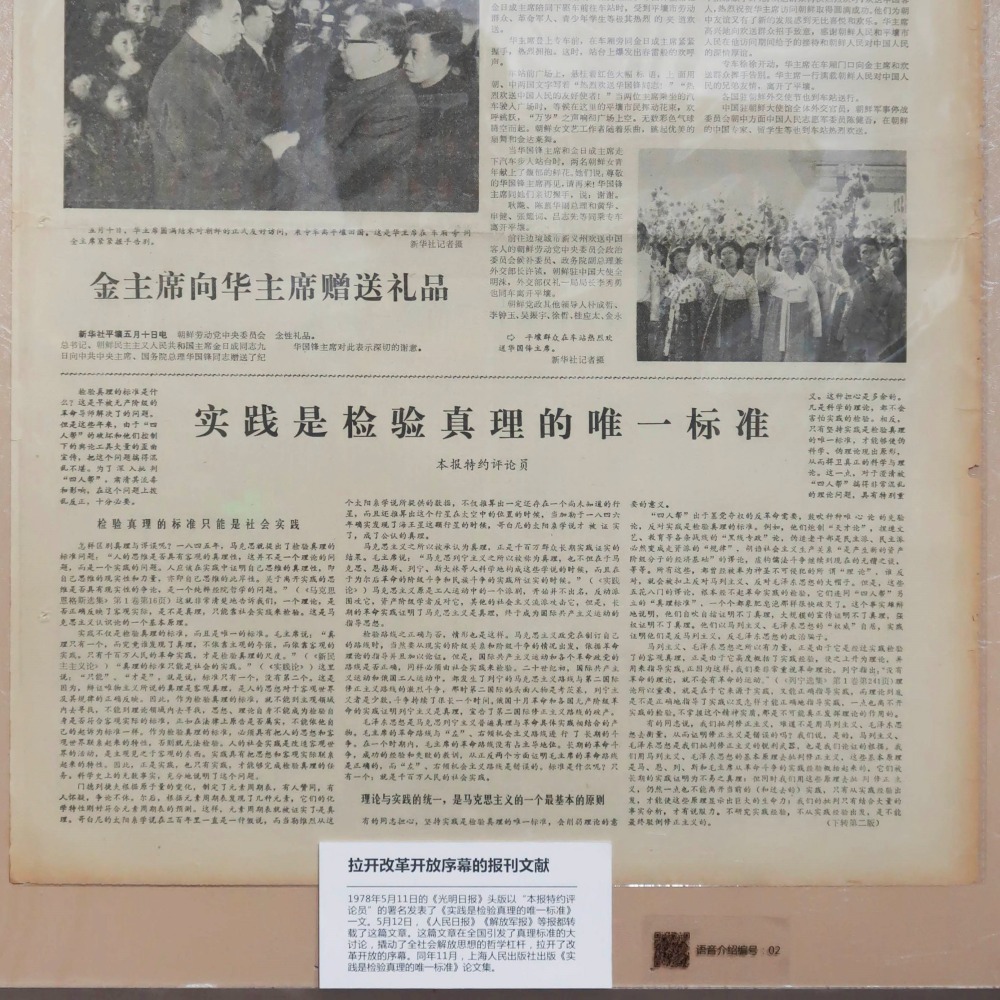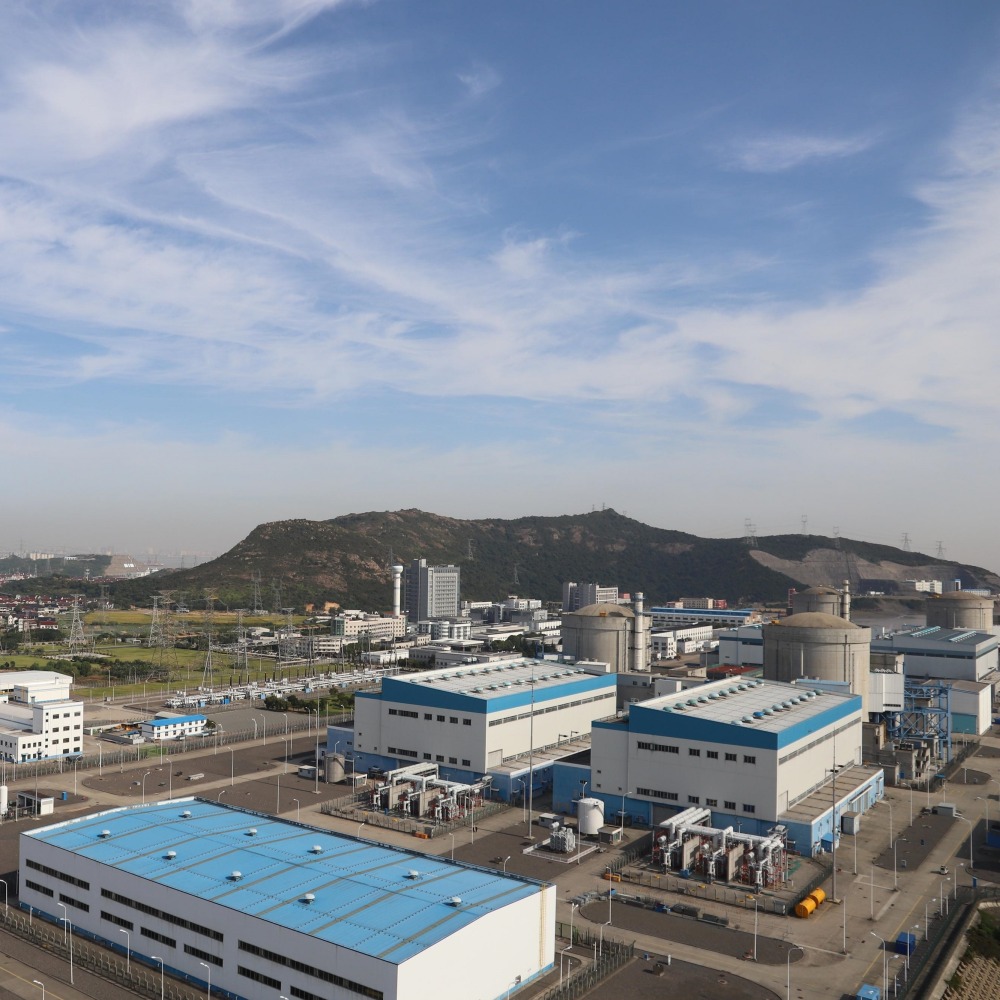Published : 2025-04-19
On April 19, 2017, Yao Tandong (姚檀棟), an academician of the Chinese Academy of Sciences (CAS) and the director of the Institute of Tibetan Plateau Research (ITP) of CAS, was awarded the Vega Medal by the Swedish Royal Palace for his contributions to the study of glaciers and the environment of the Qinghai-Xizang Plateau.
This was the first time a Chinese scientist received this award.
At the awarding ceremony, the president of the Swedish Society for Anthropology and Geography (SSAG), Sten Hagberg, first read out Yao Tandong's achievements. Subsequently, King Carl XVI Gustaf of Sweden awarded the Vega Medal to Yao Tandong and congratulated him.
After the ceremony, Hagberg told the media that Professor Yao's fundamental research on the glaciers, monsoon, and environment of the "Third Pole" (Qinghai-Xizang Plateau) is crucial for understanding climate change.
This is not only because the research addresses a global issue involving more than two billion people, but also because it helps people "better understand the processes of climate change."
Hagberg also praised Yao Tandong and his team as top scientists in this field, and the Vega Medal is a recognition of their scientific achievements.
Known as the "Nobel Prize of Geography", the Vega Medal has two branches: physical geography and human geography, both awarded every three years. The medal Yao Tandong received belongs to the physical geography category.
The origin of the Vega Medal dates back to 1878 to 1880, when the famous geographer and pioneer of the Northern Sea Route, Adolf Erik Nordenskiöld, led the "Vega" to make the historic voyage around the Eurasian continent by traversing the North-East Passage between the Atlantic and Pacific Oceans for the first time.
Since then, the SSAG established the Vega Medal to honour scientists who have made significant contributions to global geographical research.
